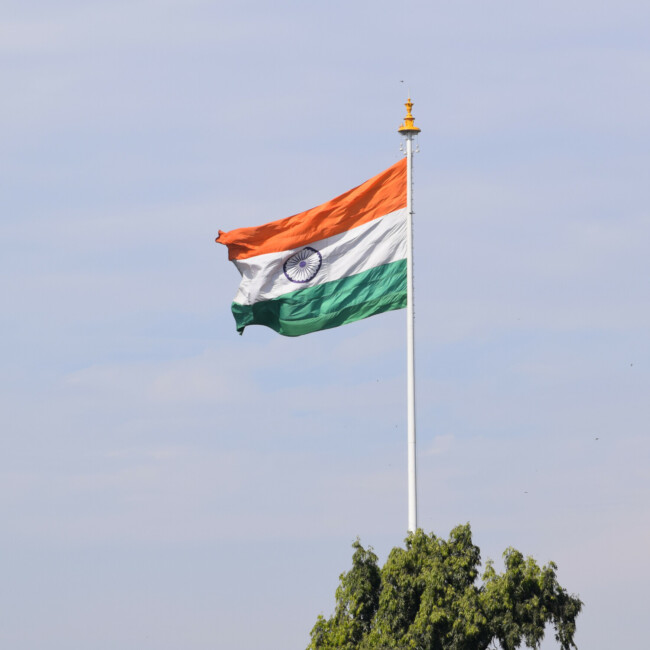Thursday 23 May 2024 at 13:00-14:15 EEST/12:00-13:15 CEST
India is emerging as a major power in renewable energy production, currently ranking fourth in the world in terms of installed renewable capacity and spurred by plans to increase non-fossil fuel-based electric power capacity to 50% by 2030. With considerable domestic reserves of critical minerals that are crucial for renewable energy production, India has an advantage not only to innovate and further develop the sector but also to boost its position in geostrategic competition with other players in the field. In addition, the country continues to invest heavily in nuclear energy, which expands its potential for low-carbon production. The choices that India makes will have implications on the low-carbon transition at a global scale.
This webinar will consider the geopolitical ramifications of India’s low-carbon transition. How is India working towards securing resilient and self-reliant supply chains for critical minerals? How is it using and cultivating international partnerships to promote not only clean energy targets but also geostrategic aspirations? What kind of implications will this have on India’s relations with other regional and global powers, particularly China? To what extent is the aim of safeguarding renewable energy supply chains seen as an issue of national security?
This webinar is the fourth in a series of ‘Spotlight’ events looking at the fundamental transformations taking place in energy systems and is part of the FIIA project The Global Politics of the Energy Transition.



